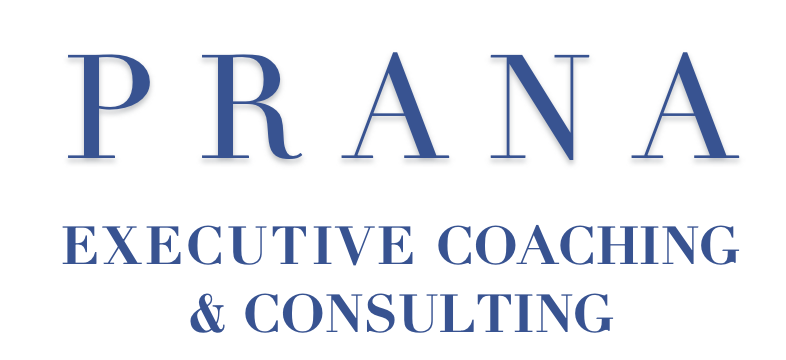Coaching managers vs. C-level: What are the differences?
One of the mistakes new coaches make is applying the same coaching practices and strategies to all levels of leaders. While great coaching skills like asking powerful questions and active listening will be utilized with all coaching clients, different levels of leadership, particularly the most senior C-level leaders, typically require a different coaching approach than you would bring to a manager-level leader.
A comparison of coaching middle managers vs. CEOs:
Middle managers are the bridge between strategy and execution. Their challenges are in managing teams, handling operational goals, and reporting upwards, and they constantly must balance the demands from the leaders above and teams below. They often struggle with imposter syndrome, burnout, and stress especially during organizational transitions. Coaching can help them navigate the organization, build influence, and lead effectively despite constraints. Coaching often focuses on topics such as:
· People management (leading a team, feedback, conflict resolution)
· Influencing without full authority
· Communicating effectively up, down, and across
· Managing workload & priorities
· Transitioning from individual contributor to leader (including better delegation & accountability)
· Navigating organizational politics
In my experience, mid-level managers often appreciate a more structured coaching process, and skill-based coaching that focuses on helping them to develop practical leadership tools.
CEOs and other C-suite executives are responsible for the entire organization: company vision, strategy, culture, stakeholders, and public image. Every decision they make has an impact on the organization. They often struggle with a lack of honest feedback, loneliness, and intense visibility. Coaching at this level requires trust, discretion, and a strong strategic partnership. Coaching often focuses on:
· Vision-setting and long-term strategy
· Decision-making under uncertainty
· Stakeholder management (including board, investors, external partners & media)
· Shaping culture & succession planning
· Managing pressure, isolation, and visibility
In my experience, C-level executives want more unstructured, reflective conversations. C-level executives usually appreciate having an experienced coach who can be a thought partner & sounding board. Trust is paramount and having experience with similar executives is helpful as they may expect the coach to bring a frame of reference and best practice ideas. While these leaders may have specific goals to work on with their coach, conversations are largely focused on big-picture thinking and uncovering blind spots. Some prefer a regular cadence and some like to have a coach “on call” as needed with a more ad-hoc cadence.
In summary: While there are general distinctions between coaching middle managers and CEOs, every client brings their own unique goals, challenges, and context. It's essential that coaches don't rely solely on leadership level to dictate an approach. Instead, coaches must practice great coaching due diligence by listening deeply to the client to understand what they want from coaching in the goal-setting stage, as well as understanding the individual’s specific needs, pressures, and aspirations. With every client, personalized coaching is what drives real growth and meaningful change.
Some well-respected books to check out to read more on this topic:
"The Coaching Habit" by Michael Bungay Stanier
Focuses on coaching conversations, especially useful for middle managers developing coaching skills to lead teams.
"Executive Coaching with Backbone and Heart" by Mary Beth O'Neill
Explores coaching senior leaders, including CEOs, and discusses the importance of balancing challenge and support.
"Trillion Dollar Coach" by Eric Schmidt, Jonathan Rosenberg, Alan Eagle
Based on the coaching practices of Bill Campbell, who coached CEOs and senior leaders at Google, Apple, and Intuit. Highlights the distinct needs of CEOs and executive teams.
"Co-Active Coaching" by Henry Kimsey-House, Karen Kimsey-House, et al.
Covers the foundational models for coaching, applicable to both middle managers and senior leaders but includes approaches that adapt to different leadership levels.
